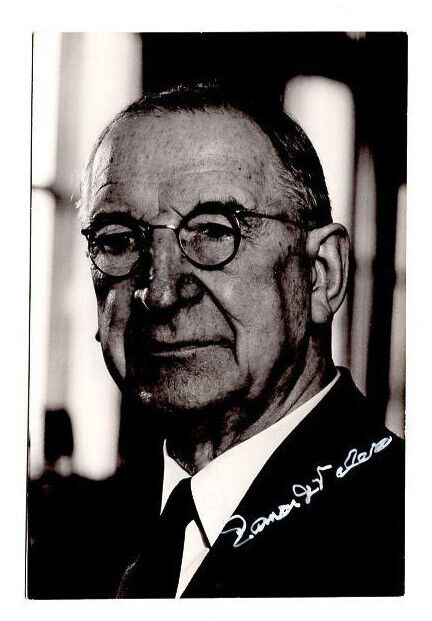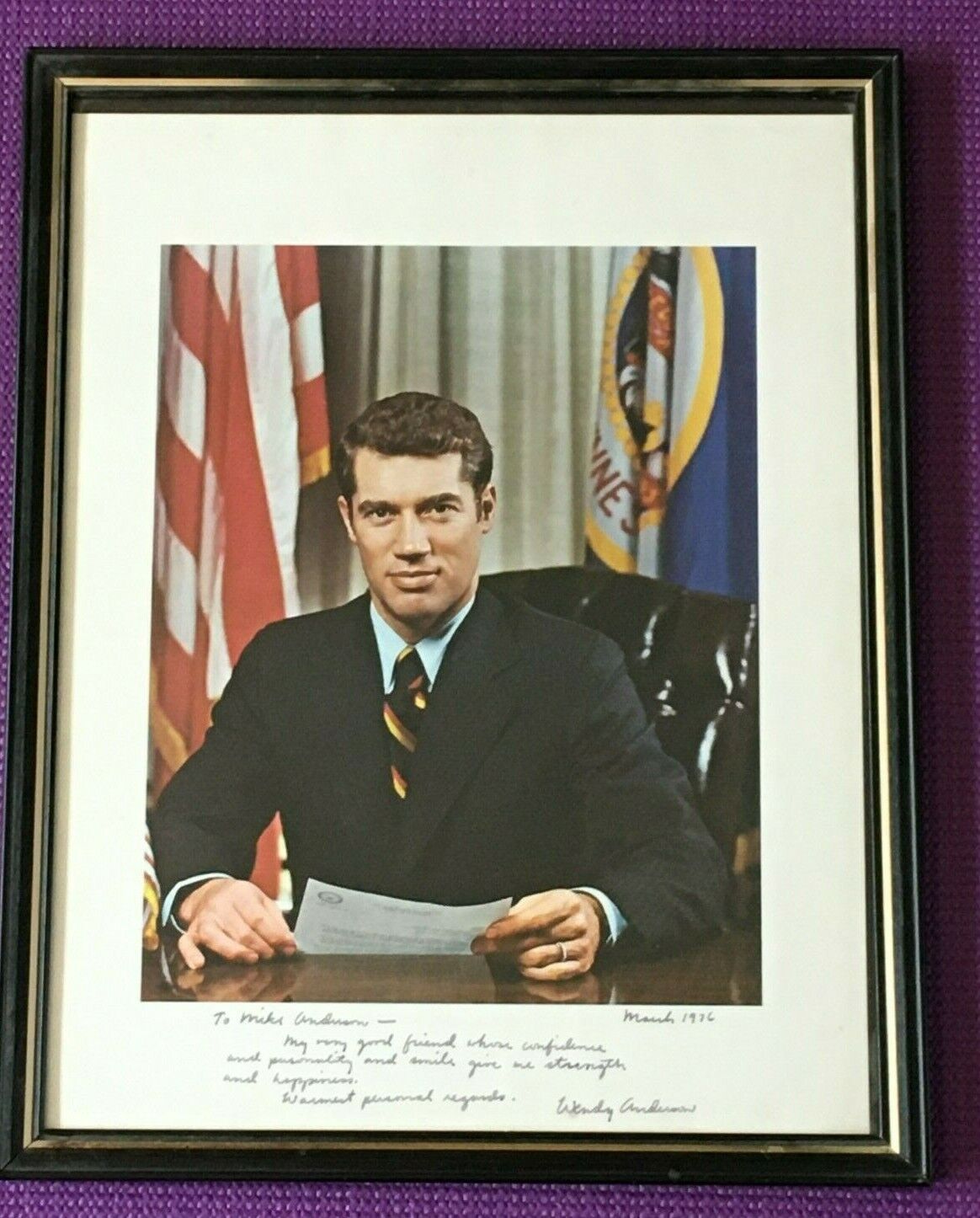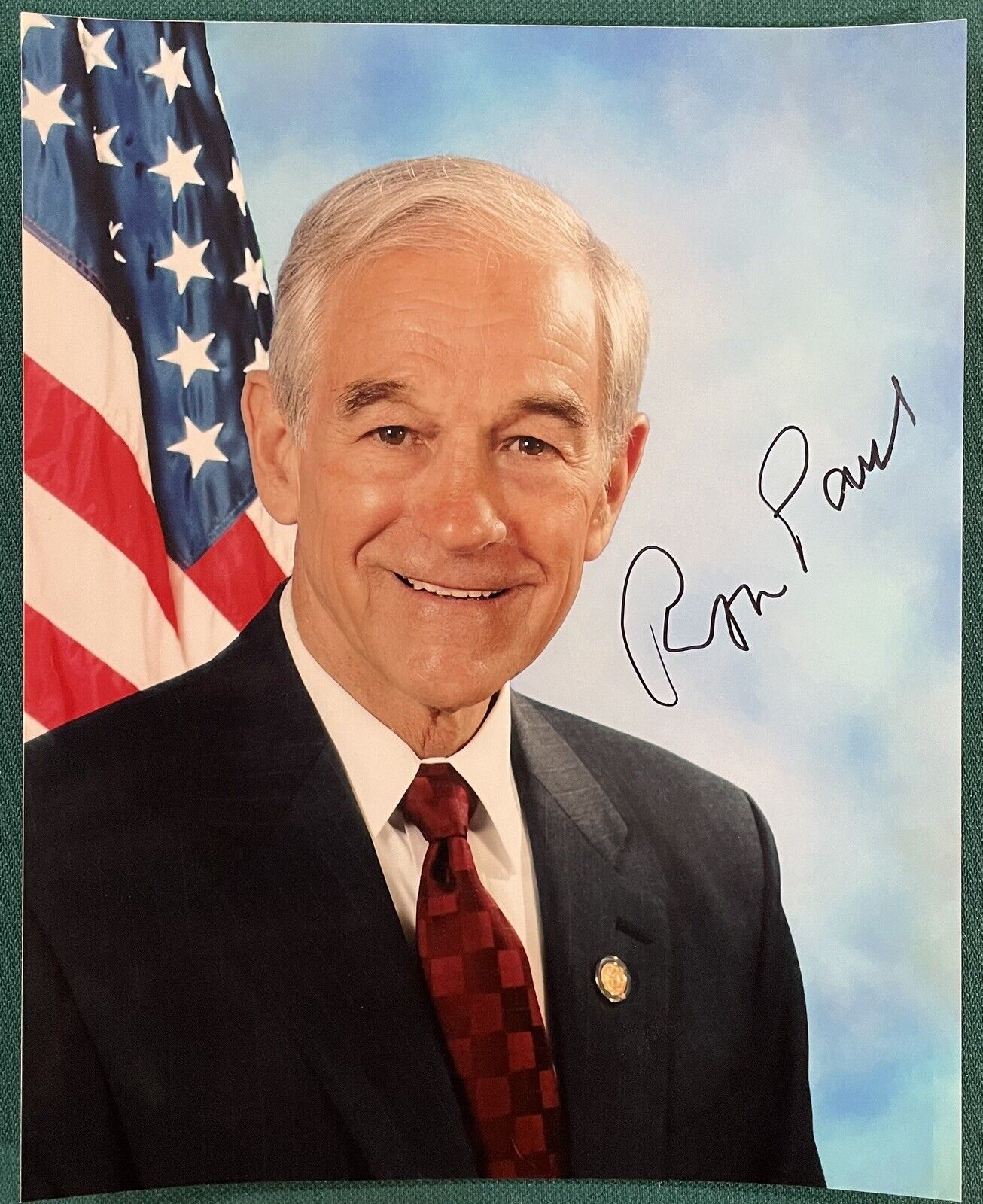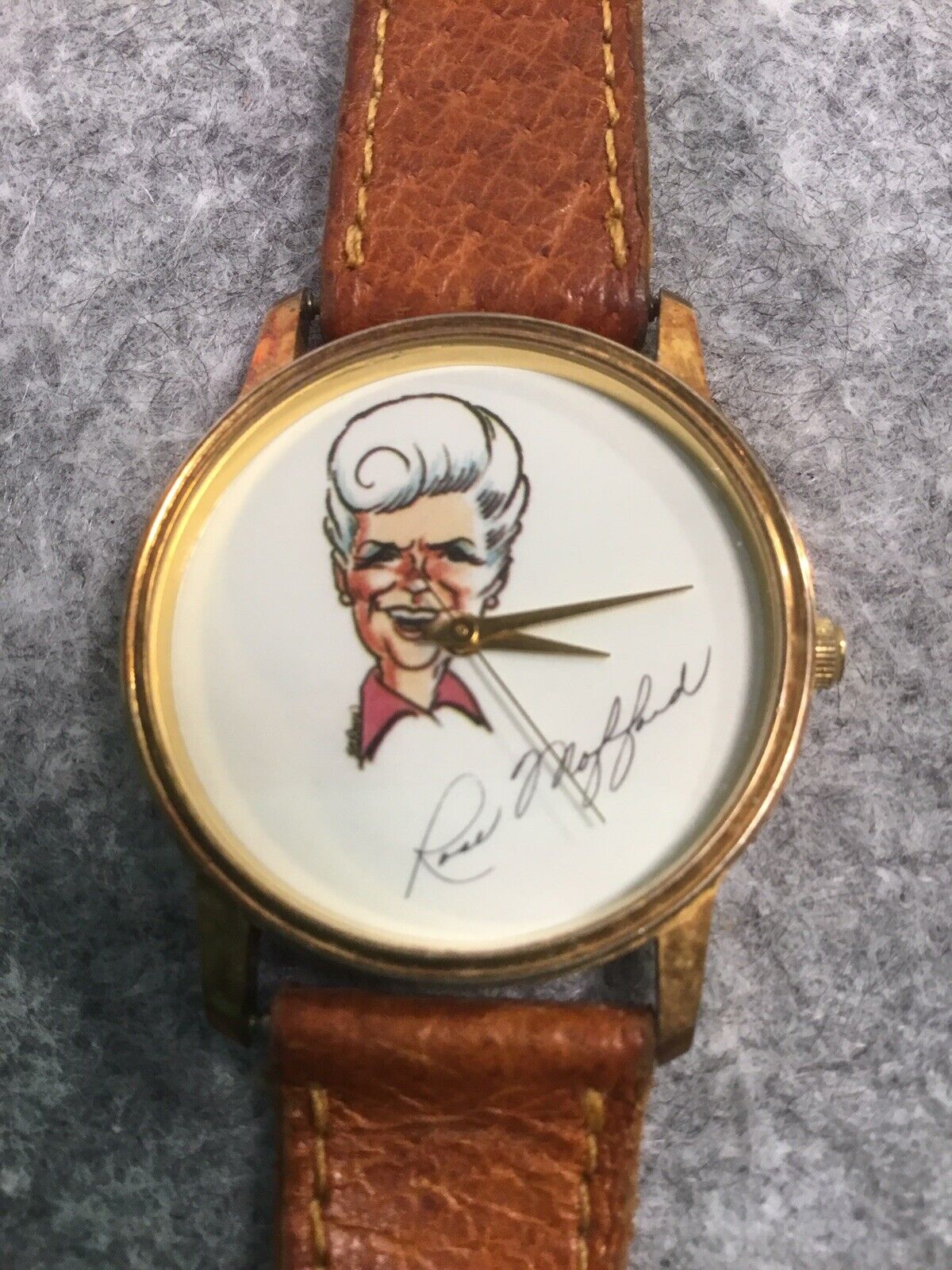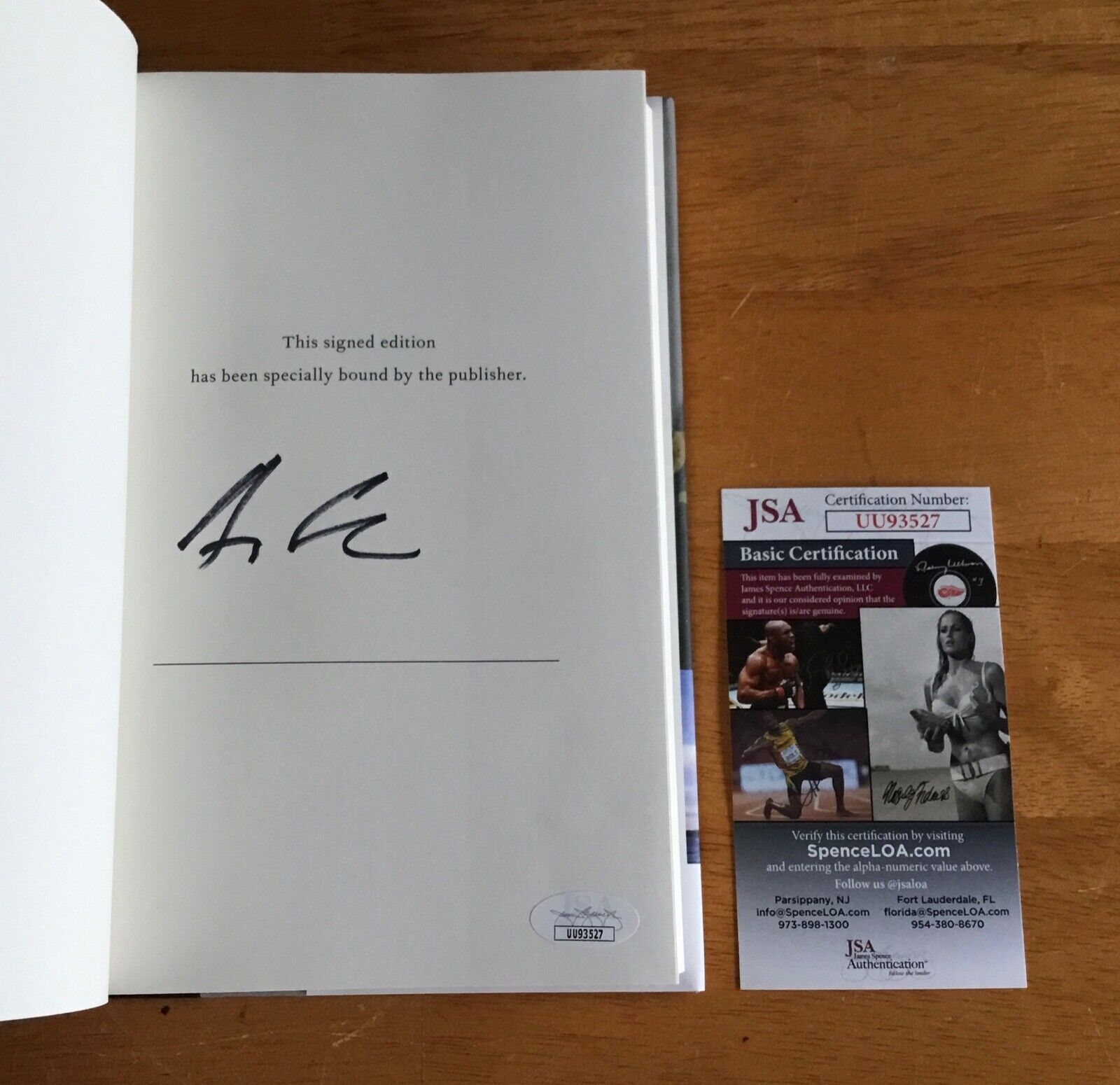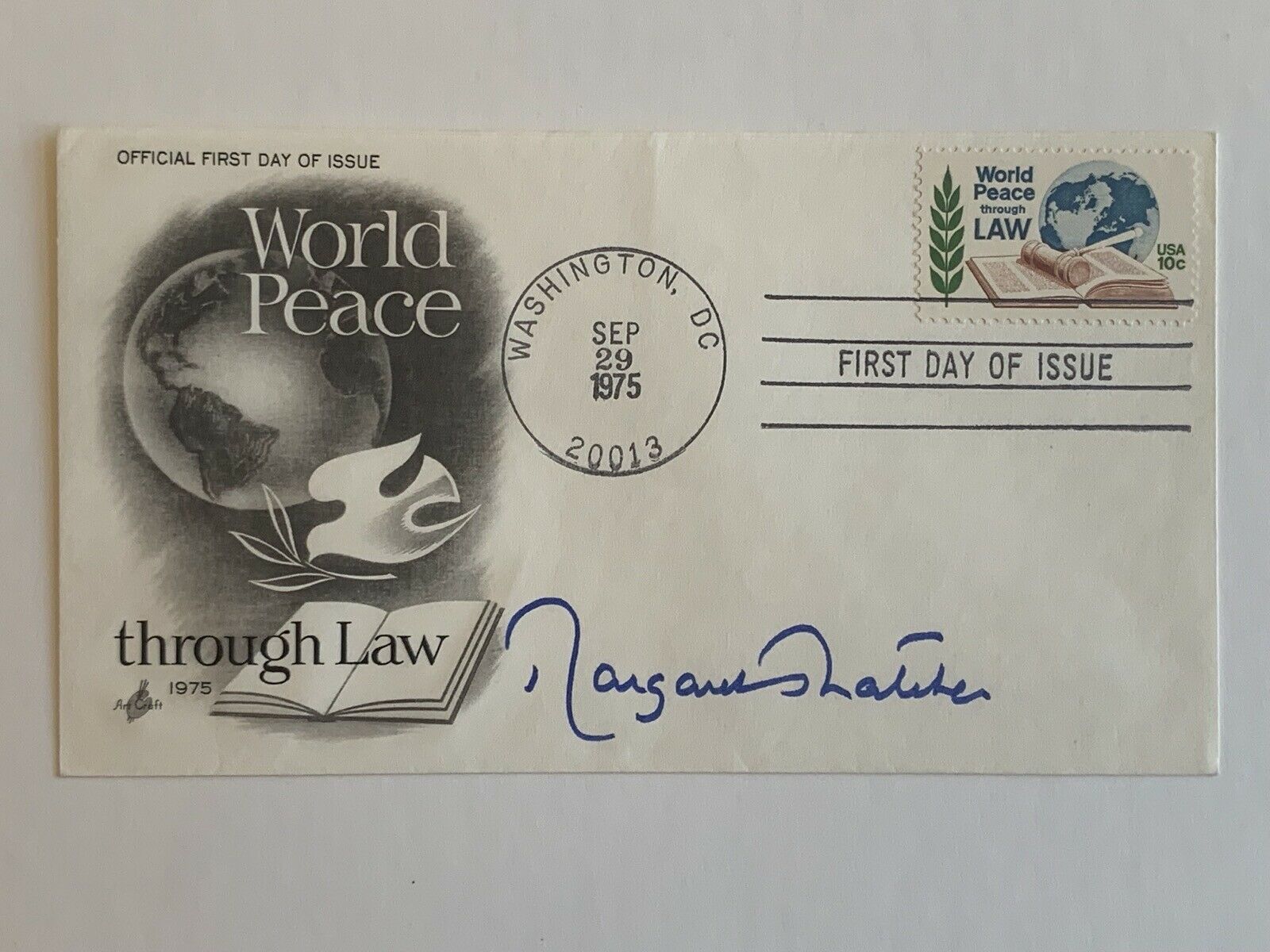-40%
ROBERT MORRIS 1795 Signed Document Signer Declaration Independence Constitution
$ 950.4
- Description
- Size Guide
Description
This Robert Morris authentic signed document dated 1795 is guaranteed to be an original. The historic document will be framed under glass and carefully packaged and mailed to you by USPS Priority mail within 24 hours from payment. Included in the package will be a Freecopy
of the Declaration of Independence and a Free
copy
of the United States Constitution, as shown in the attached pictures.
Please note that on the back of the framed document a sticker reflects that it was at one time handled by Investors Gallery out of Dallas, TX.
Robert Morris, Jr. (January 20, 1734 – May 8, 1806) was a
Founding Father
of the
United States
. One of only two men to sign the
Declaration of Independence
, the
Articles of Confederation
, and the
United States Constitution
.
Pennsylvania
legislator and member of the
Second Continental Congress
and the
United States Senate
. From 1781 to 1784, he served as the
Superintendent of Finance of the United States
, becoming known as the "Financier of the Revolution." Along with
Alexander Hamilton
Morris was one of the founders of the financial system of the United States.
By 1775 Morris was the richest man in America. Being best of friends, Morris had George and Martha Washington live with him while they were building the white house.
During the American
Revolutionary War,
he was appointed
Committee of Safety chairmen when Benjamin Franklin was absent. Morris
helped procure arms, gunpowder and ammunition for the Continental Army under General
George Washington
, which enabled Washington's decisive victory in the
Battle of Yorktown
.
Morris became Superintendent of Finance and also served as
Agent of Marine
, from which he controlled the Continental Navy.
Morris was a leading member of Congress until he resigned in 1778.
Morris tried to levy taxes to run the fledgling new country but was unable to convince all thirteen states to agree to an amendment to the Articles of Confederation.
In 1787, Morris was selected as a delegate to the
Philadelphia Convention
, which wrote and proposed a new constitution for the United States. Morris declined Washington's offer to serve as the nation's first
Treasury Secretary
, instead suggesting
Alexander Hamilton
for the position. In the Senate, Morris supported Hamilton's economic program and aligned with the
Federalist Party
.
During and after his service in the Senate, Morris went deeply into debt speculating on land leading into the
Panic of 1796–97
. Unable to pay his creditors, he was confined in the Prune Street
debtors' apartment
adjacent to
Walnut Street Prison
from 1798 to 1801. His good friend President George Washington visited Morris often but was not regally able to help him. After being released from prison, he lived a quiet, private life in a modest home in Philadelphia until his death in 1806.









